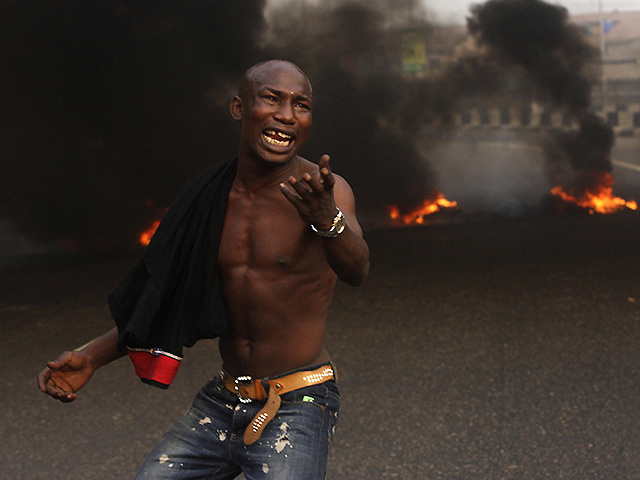
I regard myself as something of an expert on the economics of corruption in the oil and gas industry, having been involved in two major investigations in Russia and Papua New Guinea (PNG), and having had to deal with it in many other countries.
The industry has long claimed that it has cleaned up its act but sadly there is still plenty of evidence to the contrary.
Developments in recent weeks have included: claims that officials of Saipem, which is majority owned by Eni of Italy, paid 197million euros in bribes to win contracts from Sonatrach, the Algerian state oil company; allegations of corruption in the Afren group in Nigeria; the resignation of the Kuwaiti finance minister following claims of illegal payments to him by Dow; the alleged disappearance of $15billion from accounts of Surgetneftgas in Russia; and a legal case in the US over a $38million private jet owned by the millionaire son of the billionaire dictator of Equatorial Guinea. These are only a few recent examples.
Corruption seems rife in West Africa; it is probably on a similar scale in the Middle East but better hidden; and it seems to have resurfaced in Russia. I accept that it has largely disappeared in Western Europe and North America but sadly there is plenty of evidence that companies from these regions, including the majors, are still involved elsewhere.
Western governments, including the UK and US, are strongly opposed to corruption, whether in the oil and gas industry or other sectors. International bodies such as Transparency International and Global Integrity have become much more influential and better resourced in terms of seeking to quell global corruption.
However, the oil industry’s exploration and development focus has switched to areas like Africa – West and East – and it is obvious that there is great pressure in many countries to make illegal or undisclosed payments in order to win exploration licences and development concessions. So if you are BP or Shell or another Western oil company do you walk away or try to find a solution?
The petroleum industry is probably the worst affected in the world by corruption. High oil prices are clearly the main reason for that.
There can be huge differences between a $100 price per barrel and the development and operating costs. How are those differences or surpluses shared out?
In countries such as Equatorial Guinea, Nigeria and Russia, where there is little or no transparency, there must be huge temptations to make corrupt payments to politicians and government officials in the expectation that they will never be found out. I suspect that most are never but the good work of bodies such as Transparency International (TI) and Global Integrity is having an impact, albeit slow.
TI has been at the forefront of the Extractive Industries Transparency Initiative (EITI). The organisation also publishes an annual Corruption Perceptions Index, the latest edition of which ranks 176 countries.
The worst offenders include energy rich countries such as Turkmenistan (170), Iraq (169), Venezuela (165) Equatorial Guinea (163), Papua New Guinea (150) and Nigeria (139).
The UK – surprisingly and disappointingly – ranks only 17th of the 176 countries. First equal are Denmark, Finland and New Zealand.
I was back in PNG recently after an absence of 10 years. I stayed in a £200 hotel room in Port Moresby, where prices have rocketed because of a LNG plant currently under construction by ExxonMobil and partners. In most of the city, however, people are living in poverty. Few of the benefits of the oil and gas industry have trickled down to local people.
Reports indicate that is even more the case in Nigeria and Equatorial Guinea, although I have never been there.
The statistics on economic output/income per head of population published by the World Bank show that these countries have among the highest averages in Africa, because of the oil and gas industry, but they are very misleading. Other statistics on child mortality, education levels and other key metrics convey a very different picture.
There are serious problems regarding the distribution of oil revenues in these and many other countries, and in my opinion corruption is a major factor. Many of the revenues do not go to the official governments but to individual politicians and government/state oil company officials. Government spending on health, education and other essential services is correspondingly reduced – often to appalling levels.
What can be done? It is a challenging task which requires firm action by international oil companies, their supply chains and western governments. I will be very interested to see the response to the ongoing ENI/Saipem scandal in Algeria.
Bodies like Global Integrity and Transparency International can do an excellent job in identifying corrupt projects but others have to deal with the consequences.
Tony Mackay is the MD of energy economists Mackay Consultants
Recommended for you
